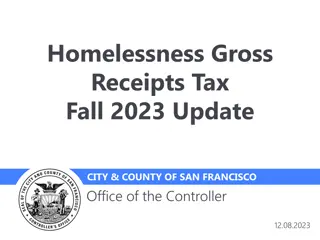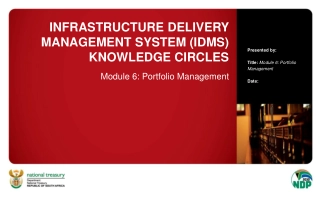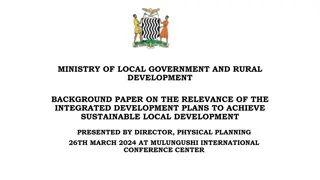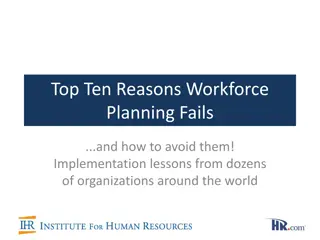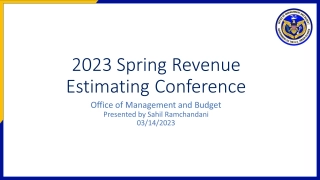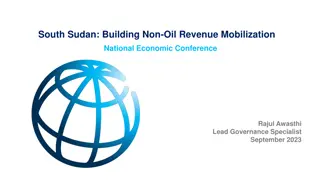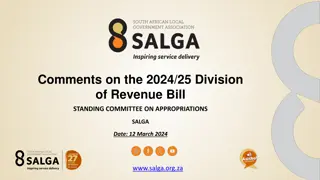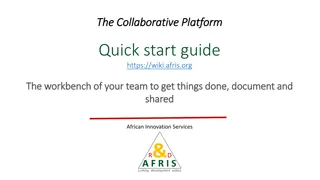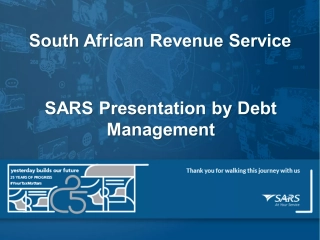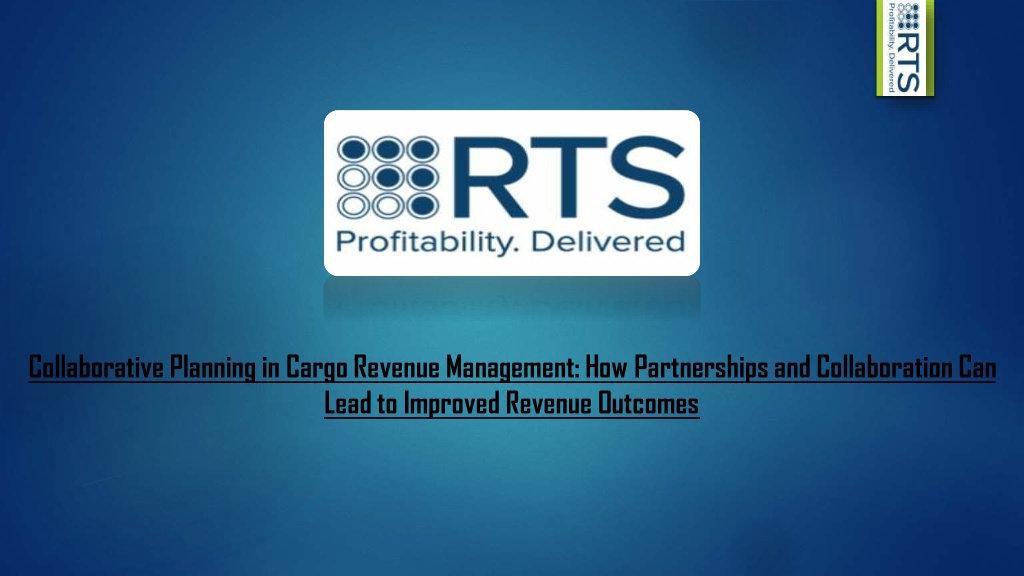
Collaborative Planning in Cargo Revenue Management
In today's fast-paced and competitive logistics industry, effective cargo revenue management is crucial for maximizing profitability and ensuring operational efficiency. Revenue Technology Services (RTS) has been at the forefront of providing innovative solutions for the cargo industry, emphasizing the importance of collaborative planning in enhancing revenue outcomes. By leveraging partnerships and fostering collaboration, cargo operators can achieve significant improvements in revenue management.n
- cargo cloud solutions
- cargo pricing
- cargo revenue
- cargo revenue management
- cargo solutions
- cargo strategy consulting
Download Presentation
Please find below an Image/Link to download the presentation.
The content on the website is provided AS IS for your information and personal use only. It may not be sold, licensed, or shared on other websites without obtaining consent from the author. Download presentation by click this link. If you encounter any issues during the download, it is possible that the publisher has removed the file from their server.
Presentation Transcript
Collaborative Planning in Cargo Revenue Management: How Partnerships and Collaboration Can Lead to Improved Revenue Outcomes
In today's fast-paced and competitive logistics industry, effective cargo revenue management is crucial for maximizing profitability and ensuring operational efficiency. Revenue Technology Services (RTS) has been at the forefront of providing innovative solutions for the cargo industry, emphasizing the importance of collaborative planning in enhancing revenue outcomes. By leveraging partnerships and fostering collaboration, cargo operators can achieve significant improvements in revenue management. Understanding Cargo Revenue Management Cargo revenue management involves the strategic allocation of cargo space and pricing to maximize revenue. This complex process includes forecasting demand, optimizing pricing strategies, and efficiently managing capacity. As global trade continues to expand, the challenges associated with cargo revenue management have grown, necessitating more sophisticated and collaborative approaches.
The Power of Collaborative Planning Collaborative planning in cargo revenue management refers to the coordinated efforts between various stakeholders, including airlines, freight forwarders, shippers, and technology providers. By sharing information, aligning strategies, and working together, these entities can achieve better revenue outcomes. Here are some key ways in which collaboration can drive improvements: 1.Enhanced Demand Forecasting Accurate demand forecasting is essential for effective cargo revenue management. By collaborating with partners, cargo operators can gain access to a broader range of data sources and insights. For example, airlines can work closely with freight forwarders to understand upcoming shipping trends and customer preferences. This collaborative approach leads to more accurate demand predictions, allowing operators to adjust pricing and capacity accordingly. 2.Optimized Capacity Utilization One of the biggest challenges in cargo revenue management is optimizing capacity utilization. Empty cargo space represents lost revenue opportunities. Through collaboration, cargo operators can better match supply with demand. Partnerships with technology providers like RTS can provide advanced tools and analytics to monitor capacity in real-time and adjust strategies dynamically. This ensures that cargo space is utilized efficiently, minimizing waste and maximizing revenue.
3.Dynamic Pricing Strategies In a competitive market, pricing strategies need to be dynamic and responsive to changing conditions. Collaborative planning enables cargo operators to implement more effective pricing models. By sharing market intelligence and leveraging data analytics, partners can identify pricing trends and adjust rates to capture more revenue. This dynamic approach helps operators stay competitive and responsive to market fluctuations. 4.Improved Customer Relationships Collaboration fosters stronger relationships between cargo operators and their customers. By working closely with shippers and freight forwarders, operators can better understand their needs and provide tailored solutions. This customer-centric approach enhances satisfaction and loyalty, leading to repeat business and improved revenue streams. 5.Risk Mitigation The logistics industry is fraught with risks, from fluctuating fuel prices to geopolitical uncertainties. Collaborative planning allows cargo operators to share information and develop contingency plans to mitigate these risks. By pooling resources and expertise, partners can navigate challenges more effectively, ensuring stable and predictable revenue outcomes.
Case Study: Revenue Technology Services Revenue Technology Services exemplifies the benefits of collaborative planning incargo revenue management. By partnering with various stakeholders in the logistics chain, RTS has developed cutting-edge solutions that enhance forecasting, optimize capacity, and implement dynamic pricing strategies. Their collaborative approach has led to significant improvements in revenue outcomes for their clients, demonstrating the power of partnerships in the cargo industry. Conclusion In the evolving landscape of cargo revenue management, collaborative planning is no longer optional; it is essential. By fostering partnerships and working together, cargo operators can unlock new opportunities for revenue growth and operational efficiency. Revenue Technology Services continues to lead the way, showcasing the transformative impact of collaboration in achieving superior revenue outcomes. As the industry moves forward, embracing a collaborative mindset will be key to staying competitive and profitable in the dynamic world of cargo logistics.




